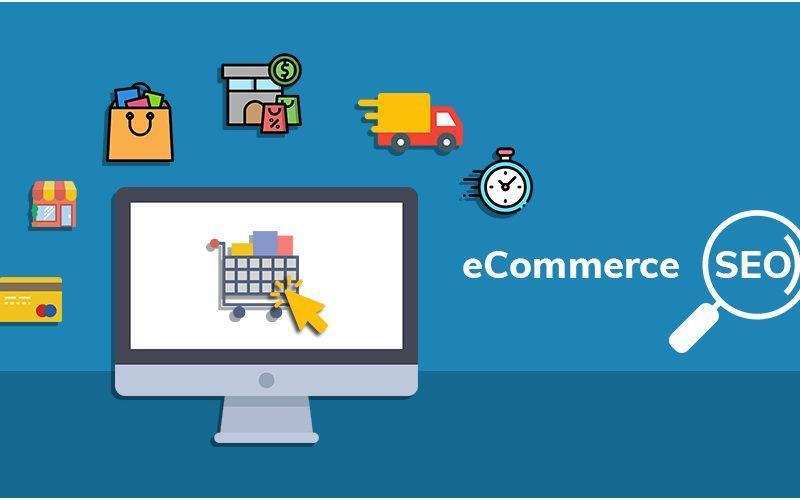
January 21, 2022
Ecommerce brands need to optimize their online traffic. Mastering eCommerce SEO is important for customers to find your brand online. Especially when the average Internet user does 1,200 searches per month, the visibility of your eCommerce store can make or break your business.
Why is eCommerce SEO important?
Search engines like Google are the number one way to get people to your store. Organic SEO Melbourne is responsible for more than half of all online traffic. Organic traffic is obtained through organic search queries on search engines. Google’s algorithms scan the Internet to find the content you are most likely to find and present them here. When you search for something on Google, you often find a list of paid ads at the top of the results and then a large list of organic results at the bottom of the SERP (search engine results page). Want to start optimizing your online store for viewing on Google? The following eCommerce SEO Guide covers everything you need.Keyword research
Keywords are words or phrases that you can add to help your website’s page appear on search engines. It would help show relevant search queries from your website by targeting potential customers. Creating a huge list of keywords is just the beginning. It doesn’t make sense at all, and it’s important to decide which keywords you should use and which ones to keep separate. There are several different parameters to consider – search volume, level of competition (also known as keyword difficulty) and relevance.Optimize your eCommerce site architecture
The structure of your website is extremely important. Creating an easy to understand and easy to navigate helps users find their way. It has many advantages, especially when it comes to eCommerce. But having a structured site is not only good for the shopping experience, but it is also good for SEO Melbourne.Apply on-page eCommerce SEO
After setting up your store structure, it’s time to dive into and apply your SEO strategy to every page – products and categories. This is on-page SEO. A large part of eCommerce on-page SEO is adding as many relevant keywords as possible. Just don’t overdo it, of course. You usually want to read your site when you want to include all the necessary keywords in your pages. This is where your keyword research pays off. For each page, determine the main target keyword with the highest search volume and capture the page’s purpose. Targeted keywords will appear the most to make sure search engines see what your page is about.Create internal backlinks
Adding backlinks is a great way to increase a page’s SEO ranking. This seems more complicated than internal backlinking. Internal backlinks are the links that you create between pages on your website. Backlinks are just links to one page, links to other pages. Generally, a page with more backlinks will get a higher rank. Of course, backlinks from authoritative sources are more valuable, so some from good sources may be better than multiple backlinks from low-level sources.Add schema markup to product pages
Adding schema markup (sometimes called rich snippets) to your product pages is a real SEO Melbourne pro tip. Schema markup is a semantic term containing tags that help search engines index your page and display it on the SERPs. Simply put, a schema is a piece of HTML code that you can add to a page to help Google understand and display it. It can increase a page’s SEO ranking and appear higher on search result pages. You may have seen Google display this data for you before. This may include price, rating, event date, etc.Perform a technical SEO audit
First, you may want to get an idea of your site’s overall performance. For this, you can use some free tools like Google Page Speed Insights, which evaluates the page’s web performance, or you can use tools like Screaming Frog and Deep Crawl. You can track your keyword rankings, get traffic information and more with Google Search Console.Fix broken links
A common problem is broken links, which no longer lead to their desired destination. If a page has broken links, search engines will lower the page rank and your site’s overall rating. This is because Google does not want to show users pages that take readers to the end, rather than more useful or related pages.Related Items: SEO Melbourne





